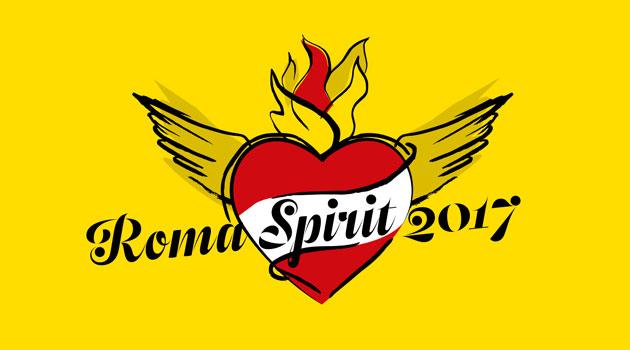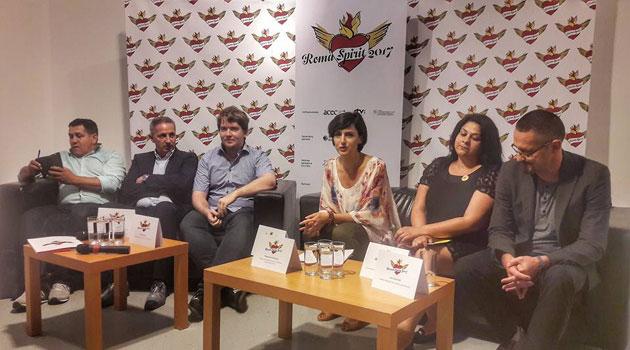Czech Republic will not hold a Roma Spirit award ceremony this year due to lack of financing and criticism by some Romani community members

This year the Roma Spirit awards ceremony, which supports the active efforts of all who contribute to improving the living conditions of Romani people in the Czech Republic, will not be held. Michael Kocáb, whose foundation has previously administered the awards, informed Romea.cz of the news Thursday.
The main reason for cancelling this year’s ceremony, according to Kocáb, is a lack of financial resources. Two important sponsors who have long supported the competition refused to contribute to it this year.
The decision by organizers to cancel this year’s Roma Spirit was also influenced by criticisms voiced by some Romani community members and the refusal of some awardees to receive the prize last year in response to the scandal of a Romani man dying during a police intervention which has yet to be satisfactorily explained. “Some people refused to accept their awards as a demonstration of resistance against the approach taken by the state bodies, but we are a nonprofit organization and we have no association with those bodies,” Kocáb said.
“We considered it to be a misunderstanding, but it also hurt us a bit. We assumed those people would have, on the contrary, wanted to take advantage of the platform to publicly display their disagreement,” said the former Czech Human Rights and Minorities Minister.
The organizers hope that Roma Spirit will continue in the years to come. It would probably have to take another form so it can be more broadly accepted by Romani people in the country.
“That will, however, require some coordination with the Romani community, we will have to give it a bit of a different ground plan, at this moment we are being criticized by both sides,” Kocáb told Romea.cz. The award was originally called “Gypsy Spirit” and was renamed “Roma Spirit” in 2015.
In the beginning the award competition was announced by the Human Rights Section of the Office of the Czech Government when Kocáb held that cabinet post. After the Government of Petr Nečas took power the project stopped as an official state effort, and after a three-year hiatus it was revived in 2013 by Kocáb’s foundation and by the Open Society (Otevřená společnost) NGO.
